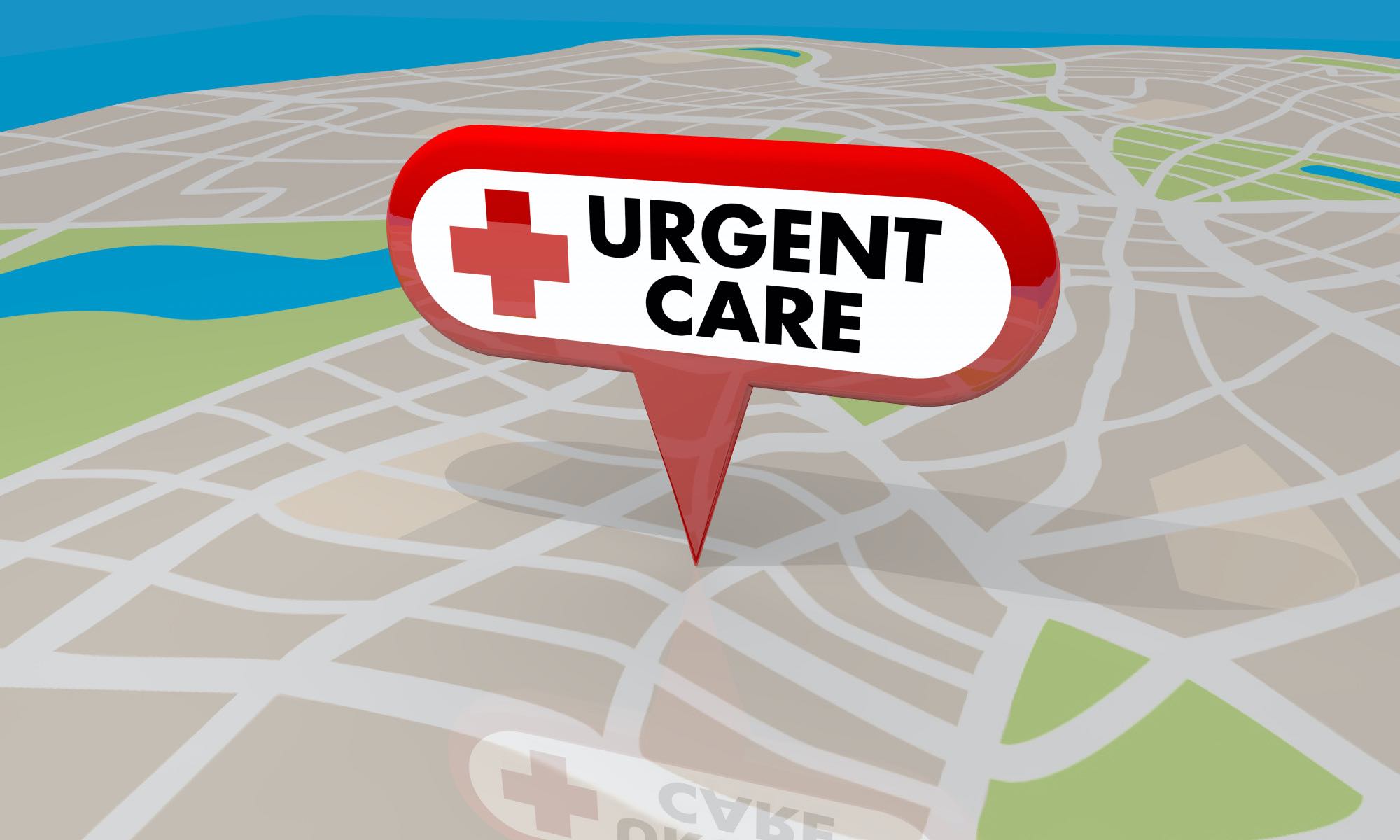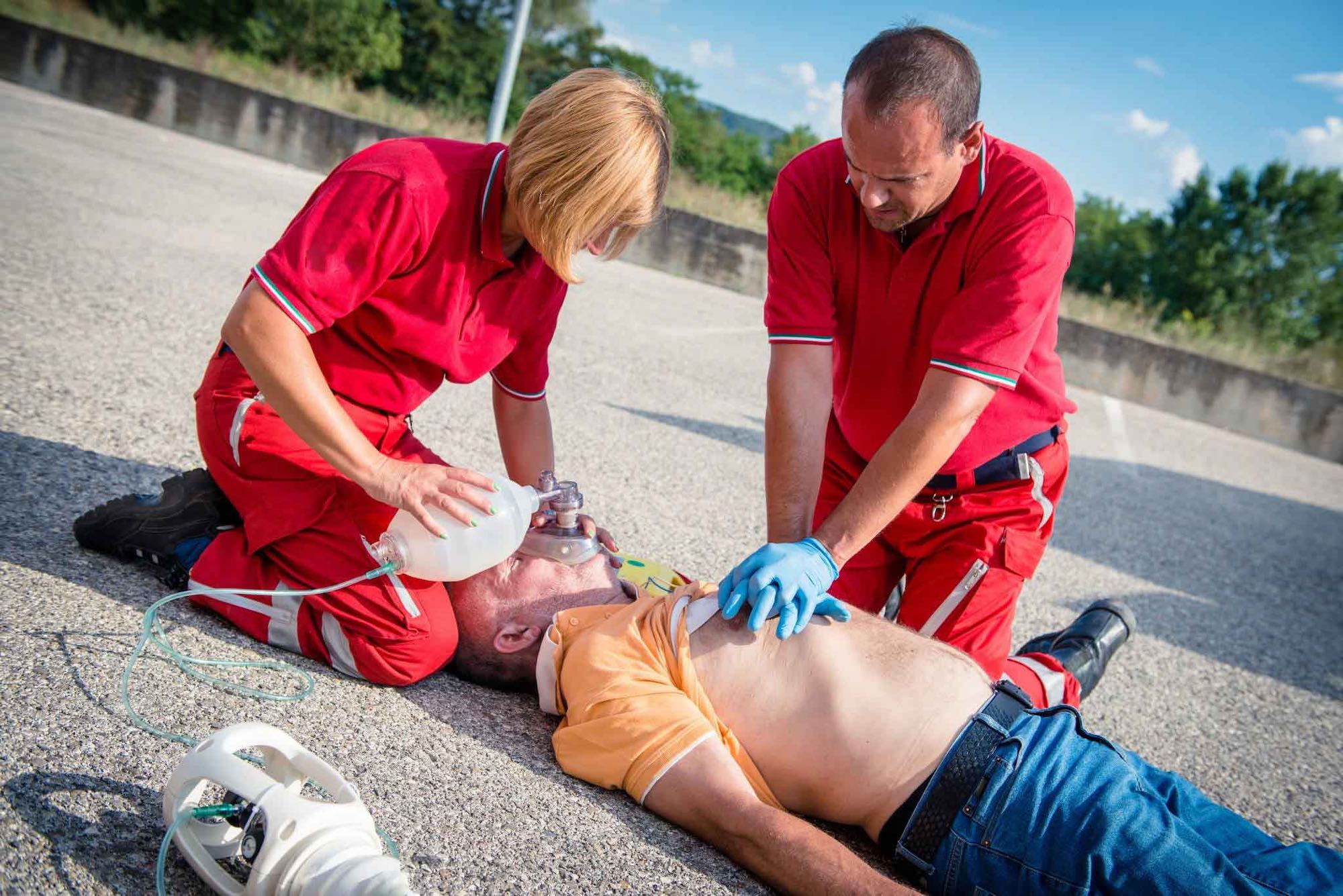What’s in your health regimen? Healthy diets, routine physical exercise, and regular checkups are among the top measures most individuals adopt as they endeavor to maintain a healthy lifestyle. While such efforts are effective, the easiest slips that affect many is the failure to listen to their bodies. Listening to your body can easily take the backseat, especially as you have a perfect explanation for everything. I feel restless and confused due to the fast-approaching deadlines, fatigued as I haven’t slept well for days, among other concerns, but what if they were warning signs, such as that you could be experiencing a cardiovascular event?
Caring for your heart can be a little tricky. At times, you might be worried while there’s no significant concern, but caution is better than waiting for the worst to happen. Visiting the best freestanding ER like the San Antonio emergency room Downtown won’t be such a hassle. With readily available board-certified physicians and appropriate equipment to handle your concerns, you won’t have to wait in line to be attended. This ensures that your cardiovascular concerns are urgently addressed, an advantage that ensures no further damage is incurred that could jeopardize your heart and overall health. If you aren’t sure when a visit to the San Antonio emergency room Downtown is advisable, here is what you need to know.
Heart attack VS cardiac arrest
While often interchangeably referred, a heart attack and cardiac arrest are different. The distinction might not be as obvious as comparing apples to oranges.
Cardiac arrest
Simply put, cardiac arrest is an electrical problem that happens suddenly, causing the heart to stop beating unexpectedly. The sudden stop, without warning, causes irregular heartbeat. This means that the body organs, including the lungs and brain, won’t get the needed nourishment. Within seconds, a cardiac arrest causes unconsciousness with no pulse. If the person isn’t given immediate treatment, they can die within a few minutes.
Heart attack
A heart attack is a circulation problem that occurs when the blood flow to the heart is blocked. While a heart attack’s symptoms may be intense and immediate, they often develop gradually and persist for hours/days/weeks before experiencing a heart attack. This is noting that the blocked blood flow to the heart means that a particular part isn’t nourished with oxygen-rich blood, causing it to die gradually. If you visit the emergency room in time, the blocked artery is reopened, ensuring that no significant damages are caused, and alleviate chances of experiencing a heart attack. Even during a heart attack, the heart doesn’t stop beating, as is the case with cardiac arrest.
While the two are distinct, they are linked. For instance, a cardiac arrest could result from a heart attack or happen during recovery. Cardiac arrest risks increase if you experience a heart attack.
Noting the delicate nature of cardiovascular events, it is advisable to actively listen to your body and visit the emergency room if you experience any symptoms. If possible, try to talk to your doctor about taking the best heart probiotic to minimize the risk of cardiovascular diseases. Various cardiovascular events have different symptoms, but most have common signs. Among the top signs that urgent medical attention is needed include;
Most of the warning signs could have an obvious explanation, a concern that makes it easier for some people to overlook the need to visit the emergency room. Regardless of your situation, it would be best to seek urgent medical attention to identify the root cause instead of considering taking over-the-counter medication to control the symptoms. After seeking urgent medical attention and establishing that you are experiencing a cardiovascular event, the doctor will prescribe medication that best fits your situation.
Common medications include Beta-blockers, anticoagulants, ACE inhibitors, anti-anxiety medications, calcium channel blockers, and aspirin, to mention a few. After visiting the emergency room, you might notice new signs that necessitate medical attention. They include;
As you endeavor to maintain good heart health, it would help if you established risk factors. There are two risk categories; those that you can and can’t control. Risk factors you can control are those that arise due to lifestyle choices. They include weight management, cholesterol levels, smoking, blood pressure, exercise levels, and diabetes, to mention a few. While diabetes seems out of place, note that it can be controlled by ensuring that you follow your doctor’s directions. From appropriate prescription adherence, a healthy diet, proper hydration, and physical activity levels, diabetes can be controlled to ensure that it doesn’t lead to a cardiovascular event.
Risk factors you can’t control include aging, gender, and family history. As we age, the body wears, including the heart, due to exposure to stressors such as post-traumatic stress and pain. As research shows, males are at higher risk of experiencing cardiovascular events. Family history is all about genes; if your family has a history of heart issues, you are more likely to experience a cardiovascular event.
Caring for your heart shouldn’t be discounted. While adopting a healthy regimen makes it easier to keep your heart in good shape, visiting the emergency room once you notice any signs should be prioritized. If spotted early, you not only get a chance to control the cardiovascular event but also mitigate the damages that could have long-lasting impacts.









